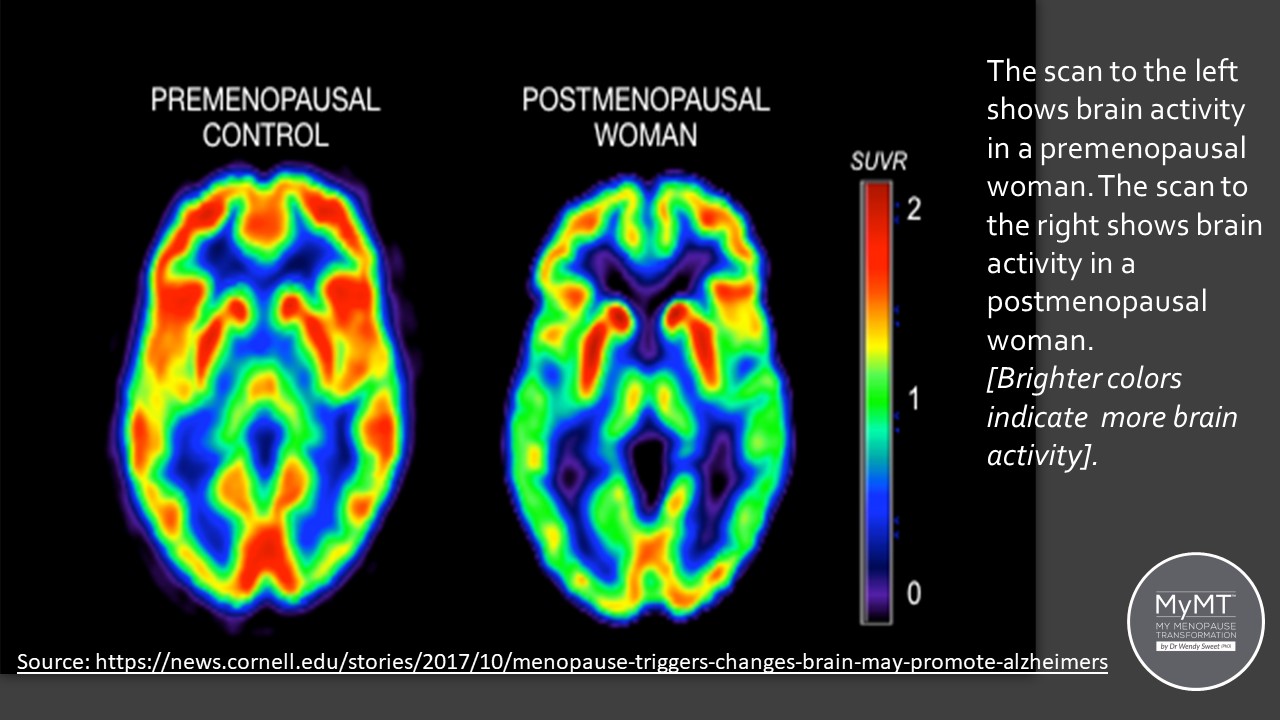Brain fog is a very common symptom of the perimenopause and menopause, and many women say that their brains feel like 'cotton wool'. She lost her confidence, suffered from mood swings and brain fog. You might have noticed that you're increasingly forgetful, can't remember names, lose your keys, write endless to do lists, and find it hard to retain information.
Menopause and Brain Fog Menopause Mental Fog
Hrt came with stigma and fear.
After just a few weeks of taking hrt, my anxiety levels dropped, my brain fog cleared and my confidence returned.
'brain fog' during perimenopause is real, and it can disrupt women's lives and careers. It's one of many cognitive impacts of the transition to menopause. Many women don't realise perimenopause can begin as early as in their 30s, and that symptoms such as depression and brain fog, can last for 10 to 15 years. During perimenopause, some women notice that they are having trouble focusing or are more forgetful.
Many women in their late 40s and early 50s experience memory problems, leading to fear of alzheimer's disease. The bad side of perimenopause for me has been the hot flashes, the night sweats, and the brain fog. The symptoms that have all too often become negatively stereotyped. The humorous image of a woman sticking her head in the fridge or freezing out her family at night.

6, 2025—menopause isn't a disease, but its symptoms—like brain fog—can cause problems.here's how to cope better during the change of life. menopause and the mind.
The menopause journey starts with perimenopause. That begins in the late 40s, when women start missing periods for 2 to 12 months. Brain fog often creeps in during perimenopause (the years leading up to menopause) but can also hit during menopause itself. It's all because of fluctuating hormones—specifically estrogen, which plays a key role in brain function.
As estrogen levels dip, cognitive sharpness can take a hit. Brain fog during menopause could also be related to changes in the hypothalamus at the base of the brain, which we know occurs from the decreasing levels of estrogen, minkin says. The brain fog when women's brains seem not to be hitting on all eight cylinders is temporary…during the menopause transition, a woman's brain may feel a little off, a little muddy, but when the transition passes, the clouds clear and the fog lifts. Sometimes all a woman needs to know is that this too shall pass.

Learn why let's talk menopause started and the personal stories behind our mission.
There are many ways to connect with us or follow us. But it seems clear that the relationship between brain fog and menopause is multifactorial and has yet to be fully elucidated. What we do know is that the hormone estradiol (estrogen Typically, symptoms of brain fog are worse during perimenopause, and improve once menopause is reached.
Because perimenopausal hormonal changes can start in a woman's early forties when she still has a regular cycle, she may not realise that the cognitive changes (including brain fog) she's experiencing are due to perimenopause. It should also comfort women to know that scientists at the university of rochester medical center and the university of illinois at chicago have confirmed the brain fog that often seems to roll in with menopause. Estrogen is extremely protective of brain function. It's like giving your brain a nutritional boost to help it weather the perimenopausal storm.

Top choices for cognitive clarity.
Lifestyle modifications can also play a significant role in managing brain She explains her difficulty with the healthcare system and finding a perimenopause specialist. Health & sexuality info stories & conversations. Share your story and—yeah, and i'm having mood swings, i'm having fatigue, i'm having like this brain fog where i can't make my thoughts work, i'm having acid
If you are experiencing disconcerting brain fog with perimenopause or menopause, do check in with your gynecological practitioner for some advice, dr. Brain fog associated with menopause is also usually temporary. Neuroscientist dr lisa mosconi has carried out the largest examination of the menopausal brain to date, and says that during the menopause your brain goes through a transition, a renovation of sorts, and needs time to adjust. What's important is that we will all come out the other side, into the next chapter, with a new story to tell.

Discover practical tips to manage menopause brain fog in our latest blog post.
Join our community for weekly challenges and resources!





